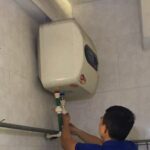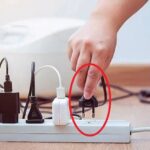Here are some small habits that can help you save millions on your electricity bill each year.
1. Unplug appliances when not in use
Many people tend to leave their phone chargers, kettles, TVs, and rice cookers plugged into power outlets even when they’re not in use. However, even if these appliances are turned off or in standby mode, they still consume some energy, leading to unnecessary electricity costs.
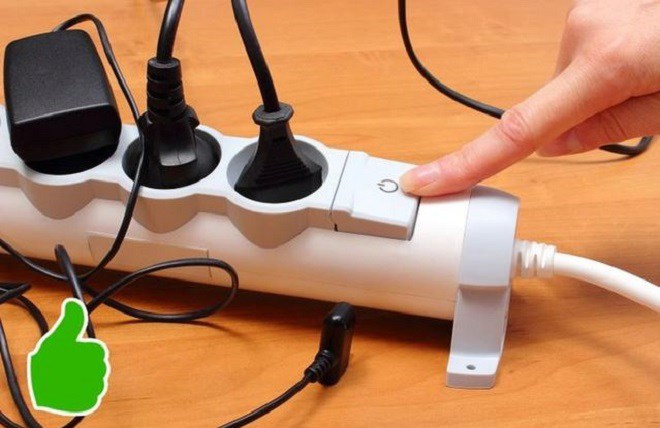
So, make sure to unplug appliances from the power outlet when they’re not in use, or simply turn off the switch on the power outlet. Each day, check the power outlets in your home and remember to turn off the switch before leaving the house, as your appliances will continue to draw power otherwise. Additionally, turning off the power can also prevent electrical fires and explosions.
2. Turn off lights when not in use
According to studies, turning off just two 100W light bulbs for an hour each day can save you up to 70 kWh per year. So, get into the habit of turning off lights when you leave a room or when you’re not using them. Not only will this save electricity, but it’s also better for your eyes.
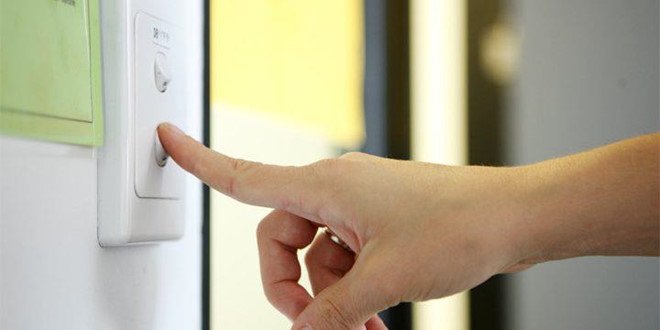
3. Set your air conditioner to a reasonable temperature
Many people like to set their air conditioners to the lowest temperature to cool down a room quickly or set it to a higher temperature, thinking it will save electricity. However, experts advise that the smaller the temperature difference between the indoors and outdoors, the less electricity is consumed. The ideal indoor temperature should be maintained between 25-27 degrees Celsius, providing a comfortable cool environment while significantly saving electricity.
Here are some additional habits to save electricity when using air conditioning:
– Avoid running the air conditioner 24/7 or constantly turning it on and off.
– Keep doors closed when the air conditioner is on, and use a fan to help circulate cool air and save energy.
– Turn off the air conditioner’s power switch, not just the remote control, when it’s not in use.
– Regularly clean and maintain your air conditioner.
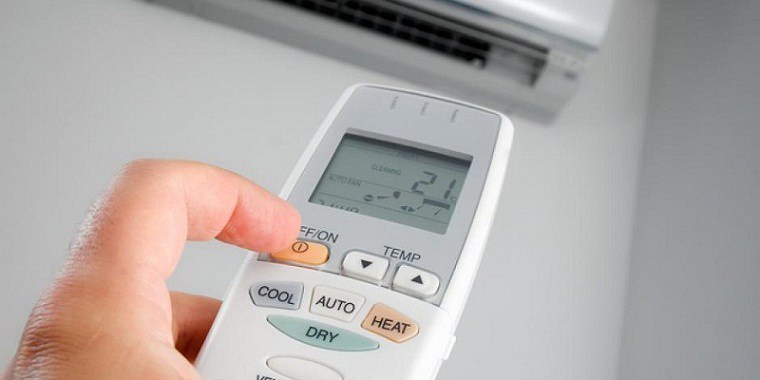
4. Use your refrigerator efficiently
The refrigerator is a common household appliance that runs continuously. It offers different temperature settings, depending on the outside weather and the amount of food stored inside. During winter or when there’s less food in the fridge, you can set the temperature in the freezer compartment closer to the MIN mark. In summer or when the fridge is well-stocked, move the temperature setting closer to MAX.
Additionally, develop good habits when using the refrigerator to save energy. For example, avoid opening and closing the fridge too often, and close it immediately after taking out food. Don’t put hot food directly into the fridge, and make sure to clean your refrigerator regularly, as a dirty fridge consumes more energy.
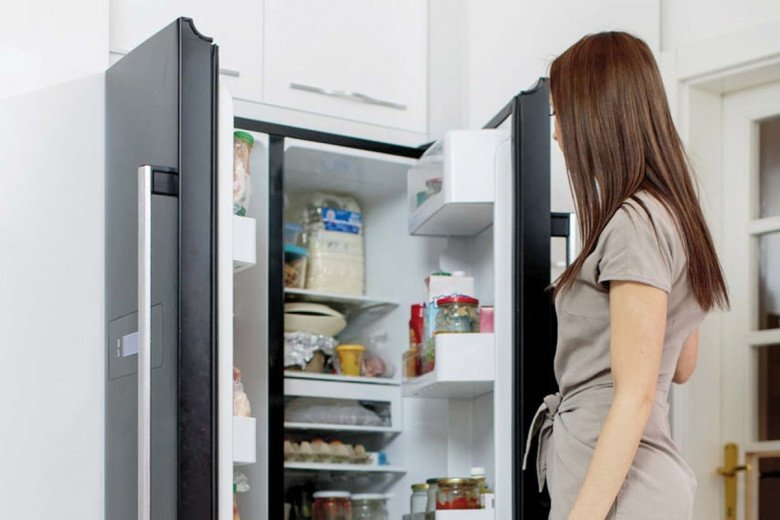
5. Only use the water heater when necessary
Many households keep their water heaters running 24/7 during winter to ensure a constant supply of hot water. However, this habit wastes a lot of electricity.
It’s best to turn on the water heater only when needed, such as when taking a bath. Also, remember to turn it off before using hot water to avoid wasting electricity and ensure safety by preventing electrical leaks.
These are just a few simple habits that can help you save a significant amount of electricity. Feel free to adopt these tips to reduce your electricity bills and contribute to energy conservation.
























